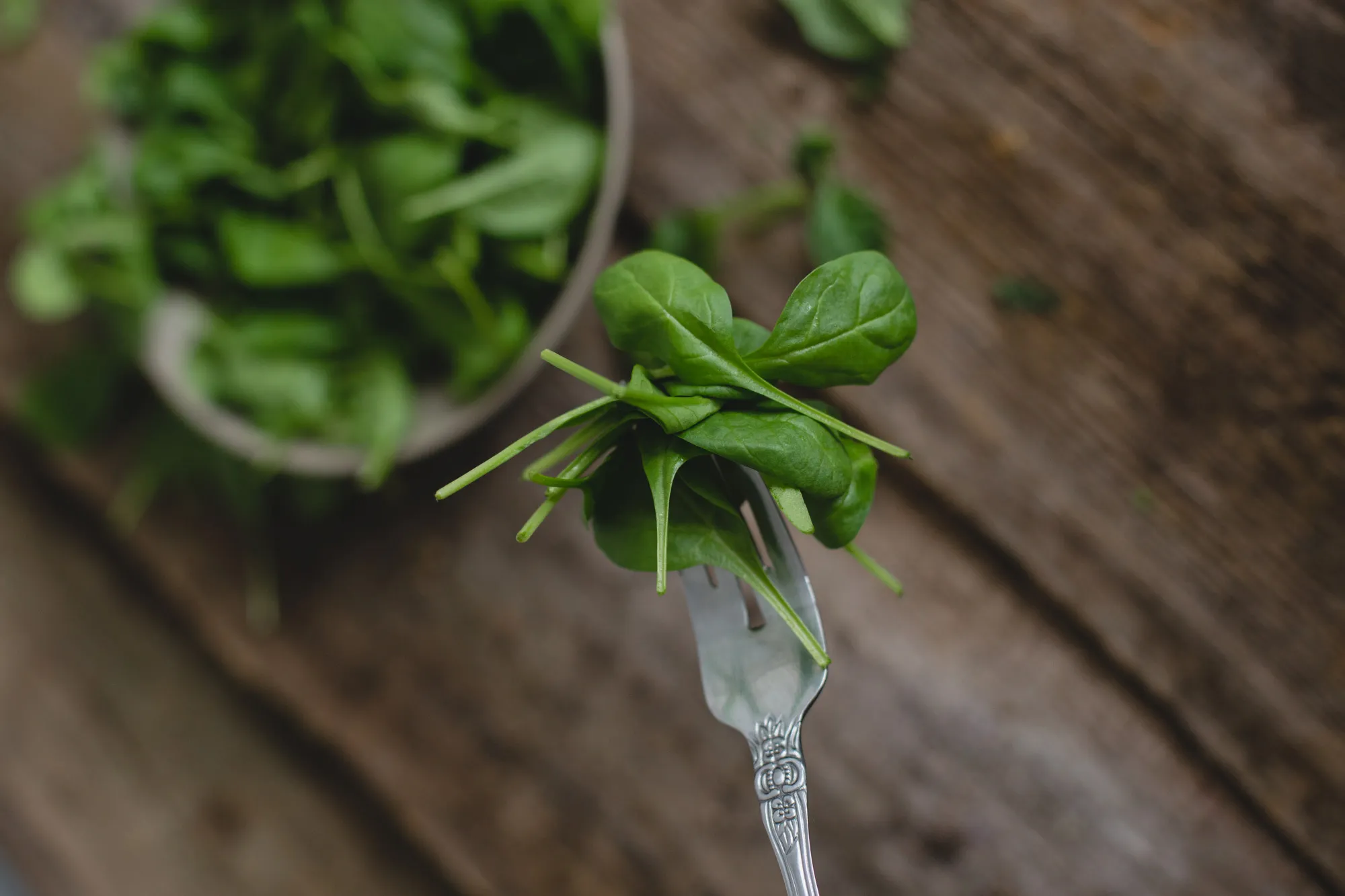Keywords
1. Spinach and depression
2. Rubiscolin-6
3. Natural antidepressants
4. Opioid peptides
5. Spinach Rubisco
Fascinating results emerged from a recent study published in the “Journal of Nutritional Science and Vitaminology,” where researchers discovered that a peptide derived from spinach, rubiscolin-6, exhibited antidepressant-like effects in mice subjected to stress. This groundbreaking study points to a potential novel approach for treating depression through dietary means, capitalizing on the bioactive compounds found in common vegetables like spinach. Herein, we delve into an in-depth discussion of the research, its implications, and the scientific groundwork it builds upon.
Spinach: A Green Leaf with a Golden Touch for Mental Health
Rubiscolin-6 is a δ-opioid peptide generated from the pepsin digestion of spinach-derived d-ribulose-1,5-bisphosphate carboxylase/oxygenase, commonly known as RuBisCO, a key enzyme in the photosynthetic process. The study, led by Mitsumoto Yasuhide and colleagues from the Faculty of Pharmaceutical Sciences at Hokuriku University, presented compelling evidence of this peptide’s efficacy as an antidepressant through its action on the δ-opioid receptor (DOI: 10.3177/jnsv.65.202).
The Experimental Odyssey: Details & Findings
The research team embarked on a mission to establish whether rubiscolin-6 could act as a therapeutic agent against depression. The experiments involved administrating rubiscolin-6 to restraint-stressed mice and subsequently assessing their behavior in the tail suspension test – a widely recognized method for evaluating antidepressant-like activity in rodents. Remarkably, mice treated with rubiscolin-6 showcased a reduction in immobility time, signifying potential antidepressant-like effects without impacting locomotor activity.
The antidepressant-like effects observed were rendered null by naltrindole, a selective δ-opioid receptor antagonist, confirming that rubiscolin-6’s mechanisms of action involve the activation of the δ-opioid receptor. This receptor plays a role in mood regulation and has been a focal point for understanding and alleviating depressive symptoms.
Implications Beyond the Leaf: A Glimpse into Future Therapeutics
The astonishing insights obtained from this study may pave the way for new dietary strategies centered around preventing or managing depression. The advent of natural antidepressants could transform the landscape of mental health treatments, offering a complementary or alternative route to conventional pharmacotherapy. Sato Reina, a contributor to the study, highlights the importance of these findings, asserting the potential for exploiting the antidepressant qualities of everyday food items for therapeutic purposes.
A Spinach a Day: The Integration into Daily Diets
As depression continues to be a growing global health concern, the impact of diet on mental wellbeing progressively gains more attention. The identification of rubiscolin-6 as a beneficial component raises intriguing questions about the role of diet in psychiatric conditions and whether daily consumption of spinach can contribute to lowering depression rates or serve as a supportive treatment modality.
The Scientific Tapestry: A Review of Related Literature
The study stands on the shoulders of prior research that has explored the connections between diet, bioactive peptides, and mental health (References):
1. Bhat, Z. F., Kumar, S., & Bhat, H. F. (2015). Bioactive peptides: A review. Food Chemistry, 193, 119-127. doi:10.1016/j.foodchem.2015.06.038
2. Zanos, P., Thompson, S. M., Duman, R. S., Zarate Jr, C. A., & Gould, T. D. (2018). Convergent mechanisms underlying rapid antidepressant action. CNS Drugs, 32(3), 197-227.
3. Le Merrer, J., Becker, J. A., Befort, K., & Kieffer, B. L. (2009). Reward processing by the opioid system in the brain. Physiological Reviews, 89(4), 1379-1412.
4. Rossi, M., Amaretti, A., & Raimondi, S. (2011). Folate production by probiotic bacteria. Nutrients, 3(1), 118-134.
5. Yang, B., Lin, P., Carr, T. P., & Awika, J. M. (2019). Common beans and their non-digestible fraction: Cancer inhibitory activity—an overview. Foods, 8(8), 246.
Looking to the Horizon: The Path Forward
While the research lays vital groundwork, it also underscores the necessity for additional investigation to fully comprehend the therapeutic implications of rubiscolin-6 in humans. Translational studies are required to assess its safety, efficacy, dosage, and delivery methods in human subjects. Furthermore, exploring the synergistic effects of rubiscolin-6 with other bioactive compounds found in spinach could lead to a more comprehensive understanding of its antidepressant properties.
Final Thoughts: The Interplay of Food and Mental Health
This study represents a significant stride in the interventional use of food-derived compounds for mental health conditions like depression. Rubiscolin-6 emerges as a promising molecule that has originated from a ubiquitous vegetable and trails towards becoming a pioneering natural therapeutic agent. The potential inclusion of this peptide in strategies to combat depression could mark a shift towards a more holistic approach to mental health, embracing the tenets of nutritional psychiatry.
As we consider the scope of these findings, the translational potential from bench to bedside gives new meaning to the adage “you are what you eat” – suggesting that perhaps within the verdant leaves of spinach, might lie a green-print for mental wellness.
The future holds the seeds of further exploration and potentially, the bloom of a revolutionary, nutrient-based antidepressant paradigm. The spotlight on rubiscolin-6 not only catalyzes a deeper dive into the interplay between nutrition and neurology but also offers a beam of hope for millions grappling with the shadows of depression.
